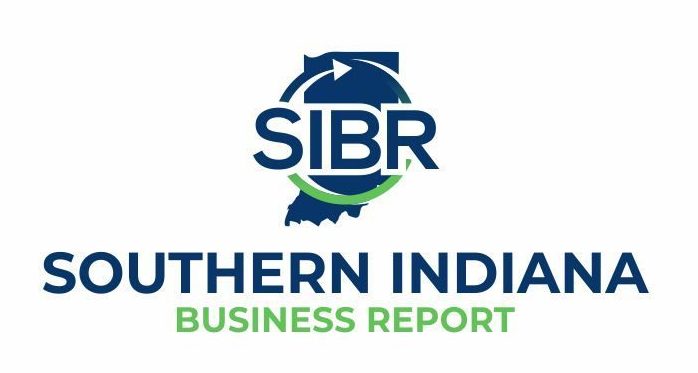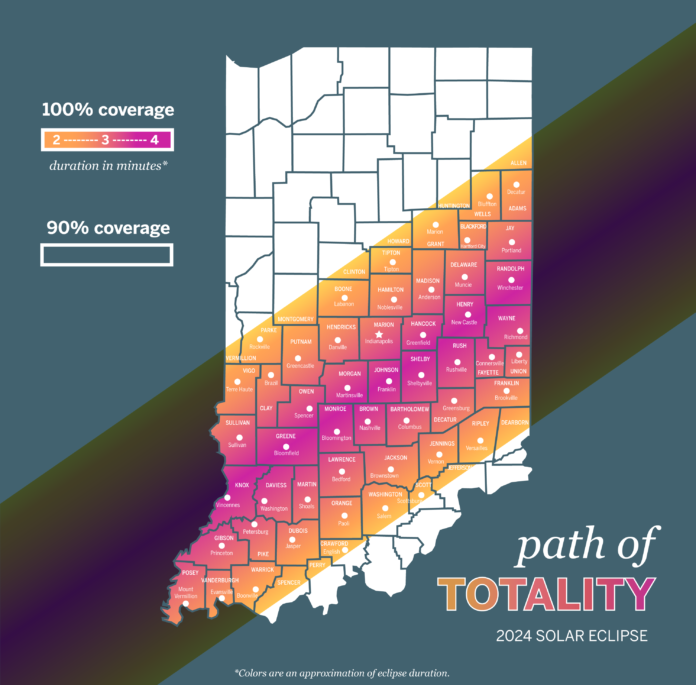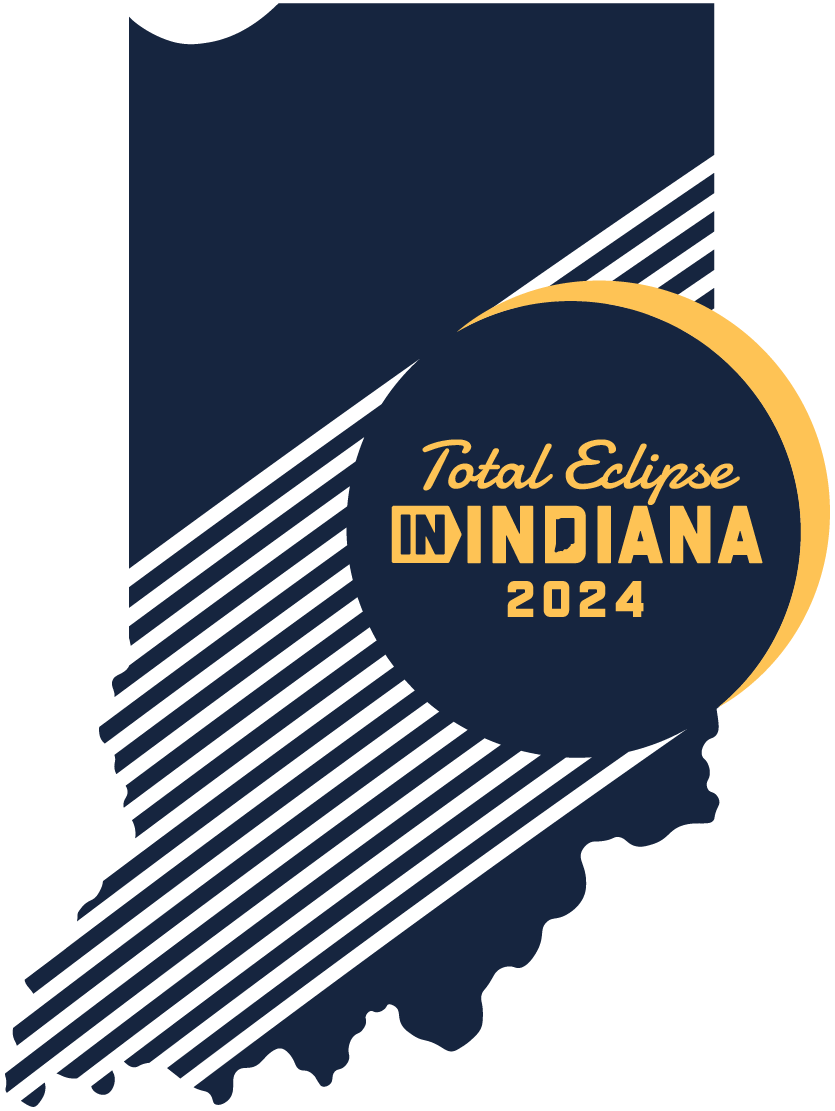Carol Johnson, Southern Indiana Business Report
Seven community groups in the Radius Indiana region are among 30 rural organizations across Indiana that will receive funding to host arts and cultural events and programs connected to the 2024 solar eclipse, an event that will blanket parts of Indiana in total darkness on April 8.
Some of the activities include square dancing, live music, food trucks, and, of course, large viewing events.
Groups in Dubois, Crawford, Martin, Daviess, Washington and Greene counties received $2,000 micro-grants from the Indiana University Center for Rural Engagement, which received funding support from the Simons Foundation.
Sarah Flamion, director of Destination Huntingburg, said with the eclipse occurring on a Monday, her group is partnering with other local entities to plan a weekend of events leading up to the eclipse.
Destination Huntingburg will partner with the Huntington Public Library and Southwest Dubois County Schools to offer activities downtown along with a program focusing on the science of an eclipse.
With Huntingburg’s proximity to Interstate 64, the city is anticipating a large number of visitors. On April 8, the Huntingburg Regional Airport will be the site of a large viewing event with entertainment and food trucks.
“We’re right off the interstate,and we have a great spot for it with unobstructed views at the airport,” Flamion said.
Attendees must purchase tickets, which includes glasses, for the event.
Flamion said tickets will be affordable and sold as a pre-sale so organizers can gauge the crowd size.
It’s estimated Indiana could draw 1 million visitors that day. With a population of more than 6,000 people, Huntingburg could see its population double or triple for the eclipse.
“We’re going for the higher number,” Flamion said. “But that’s the hard part is we just don’t know how many people will be here.”
Over in Crawford County, the English Civic Club, a service club that recently reformed, is planning events around square dancing and the county’s timber industry while incorporating an eclipse theme.
Tami Redding, president of the English Civic Club, said the town has lots of open space where the old town was for optimal viewing.
Square dancing was a popular activity in English, and Redding said her group plans to bring in dancers to do an exhibition, offer lessons to the community and then stage a square dance for all who want to join in. Wood crafters will also be invited to demonstrate and display their creations.
The IU Center for Rural Engagement is leading IU’s rural solar eclipse initiative, providing resources for community activities that unite residents around the historic astronomical event. More than 80 organizations in communities with a population under 50,000 applied for $2,000 micro-grants, facilitated by Regional Opportunity Initiatives, to support the implementation of eclipse activities.
“Rural communities are implementing creative plans to connect residents and visitors as we all gather to witness this historic event,” said Kerry Thomson, executive director of the Center for Rural Engagement. “We look forward to collaborating with communities to bring these plans to fruition and strengthen local strategies that expand arts capacity.”
The path of totality of the April 8 solar eclipse will cover a large part of Indiana in complete darkness for nearly 4 minutes as the moon shadows the sun. The next time Indiana falls in the path of totality of a solar eclipse will be 2099.
Communities small and large could more than triple their population numbers during the event. To help local leaders and residents prepare, the Center for Rural Engagement published the 2024 Total Solar Eclipse Planning Toolkit. It features planning resources and safety information about viewing the eclipse, managing crowds and leveraging the eclipse to bolster community interest and capacity for arts and cultural events into the future.
Solar eclipse micro-grant recipients
Washington County Historical Society, John Hay Museum: Will develop an exhibit to be displayed at the Depot Museum Feb. 1 through April 29 that explores perceptions and beliefs about solar eclipses throughout history, as well as screen monthly free movies with eclipse themes.




